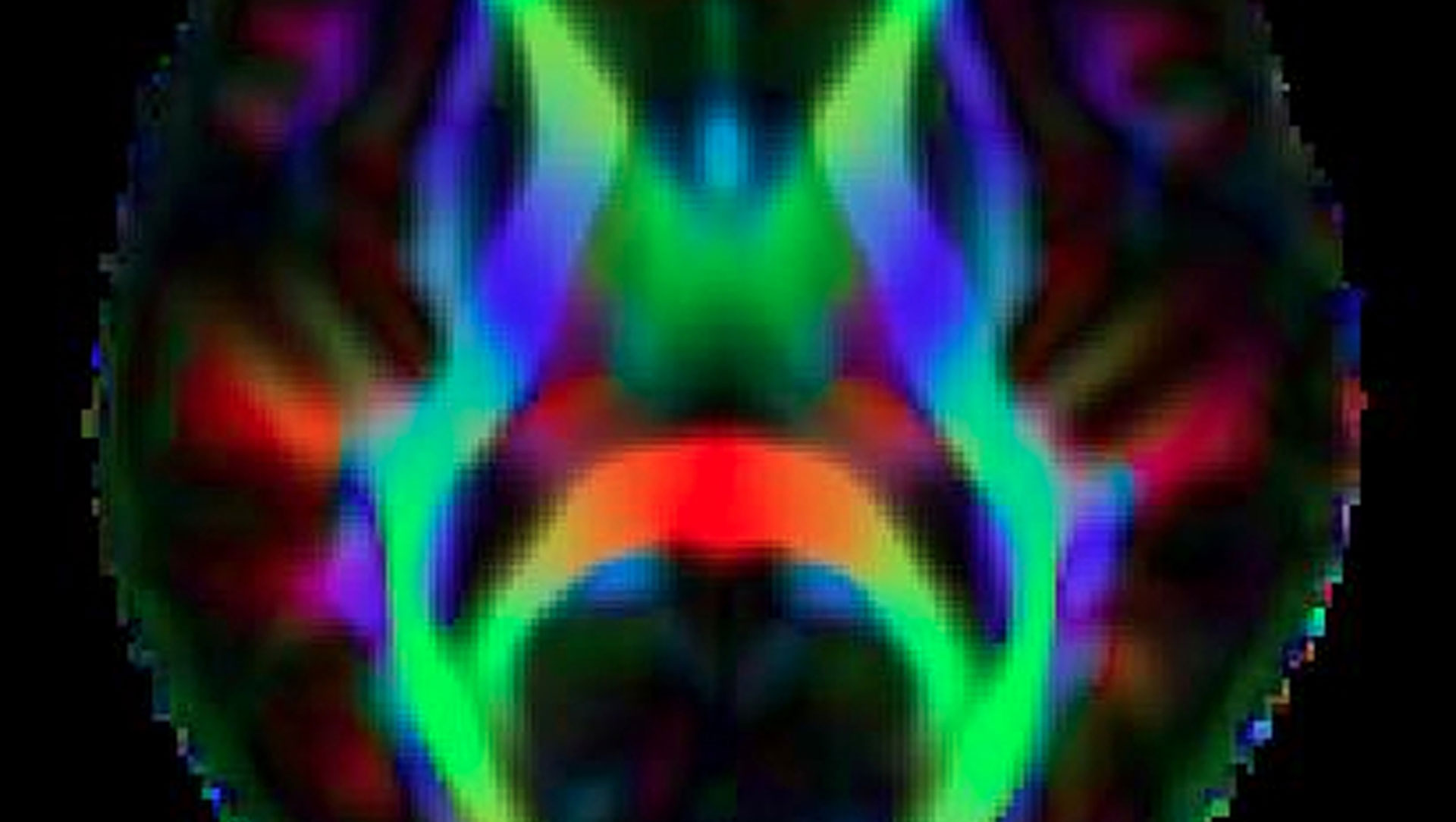
Anthropology and Human Biology Major (BS)
The Bachelor of Science in Anthropology & Human Biology provides a strong foundation for understanding behavior, biology, and health through an anthropological lens. Pulling from the sub-disciplines of archeology and biological anthropology, the BS major offers both an alternative path to the pre-medical curriculum and an interdisciplinary approach to research.
The Department of Anthropology believes that a holistic understanding of what it means to be human is critical for future physicians and scientists. The BS major offers valuable benefits to undergraduate students interested in pursuing pre-medical studies or other STEM careers:
Deep Understanding of Human Biology and Evolution: Anthropology provides a comprehensive understanding of how evolutionary processes shape behavior, anatomy, physiology, and disease. This knowledge serves as a strong foundation for clinical practice, public health interventions, and biomedical research. By integrating evolutionary principles into medical education and practice, practitioners can gain insights into the underlying causes of health disparities and develop more effective strategies for promoting health and treating disease.
Interdisciplinary Approaches and Research Skills: Anthropology is an inherently interdisciplinary field, drawing from biology, neuroscience, genetics, and other scientific disciplines. The BS major offers interdisciplinary perspectives and research training, fostering critical thinking, problem-solving, and research skills. These skills are highly valued in STEM fields and medical research, preparing students for successful careers in these areas.
Humanistic Perspectives: As a social science, anthropology provides a nuanced understanding of the complex interactions between behavior, biology, and culture. This perspective emphasizes the cultural coherence of human values, beliefs and symbols and their importance for particular social groups.
Requirements for Majors Declared as of Fall 2013
The Bachelor of Science degree in Anthropology requires a minimum of ten (10) Anthropology courses of at least 3 credit hours each (30+ semester hours), and six (5) Science & Math Foundation courses (23+ semester hours).
Major Code: ANT
15 courses / 53 hours to complete
Anthropology 201 Concepts and Methods in Biological Anthropology
and
Anthropology 202 Concepts and Methods in Cultural Anthropology
These foundations courses are designed to give majors a thorough grounding in all four fields of anthropology and can be taken in any order. It is STRONGLY recommended that they be taken in the sophomore year, if possible, so they may serve as building blocks for further coursework.
Plus one course from each of the following areas. See the BS Course Offerings spreadsheet for an up-to-date listing of which courses may satisfy each requirement (be sure to reference the Archive tab for a full course list). No individual course may be used to fulfill more than one requirement area:
- Human Biology
- Social Science and Medicine
- Evolution and Behavior
- Cultural Anthropology
Four (4) elective anthropology courses. Any ANT course or course cross-listed with Anthropology may count as an elective, subject to the rules below under "Additional Details". Course offerings for each term may be found in the Course Atlas. (Please note that ANT 270S cannot count as an elective if it is counted for the statistics requirement for the major.)
- Only one 100-level class may be taken to fulfill the elective requirements
- A maximum combined total of 8 hours of ANT 397 (Directed Readings), ANT 495 (Honors), and ANT 497 (Directed Research) may be applied to the major.
- No courses taken using the S/U option may be applied to the major.
- A maximum of 12 credit hours (4 courses) earned off-campus may be applied toward the major.
- A maximum of 2 courses may double-count for both the Anthropology and Human Biology BS and another major or minor.
Note: Petitions for course substitutions and exceptions will be considered by the Undergraduate Concerns Committee.
General Chemistry: Chemistry 150 and 150L, Chemistry 202 and 202L. (If you took CHEM 141/L and/or CHEM 142/L, those may count in place of CHEM 150/L and CHEM 202/L, respectively.)
General Biology: Biology 141 and 141L, Biology 142 and 142L.
Statistics: QTM 100, Anthropology 270S, Mathematics 107, or Mathematics 362.
* A.P./transfer credit for math, science, and statistics foundations is accepted if it has already been approved by the appropriate department and appears on the transcript. The advanced courses BIOL 151 and BIOL 152 may be substituted for BIOL 141 and BIOL 142.
Majors may choose any available faculty member as an advisor and are required to consult with their advisors at least once a semester to make plans regarding their academic program. If you wish to request an advisor change, please contact the Undergraduate Program Coordinator.
At the time of graduation, students receiving the B.S. degree in Anthropology and Human Biology should be able to:
- Recognize the theoretical bases and methodological approaches that characterize the four major subfields of Anthropology (cultural, biological, linguistic, and archaeological)
- Explain and apply a critical understanding of evolutionary theory, human biological variation, including specifically hominid evolution, and non-human primate behavior
- Understand the cultural diversity that characterizes human societies through engagement with ethnography and be able to apply a comparative framework (cross-culturally or cross-species) to understand human behavior.
- Demonstrate an understanding of statistical methods and an ability to interpret numerical and graphical data
- Demonstrate an awareness of the ethical and social implications of research on both humans and animals.
